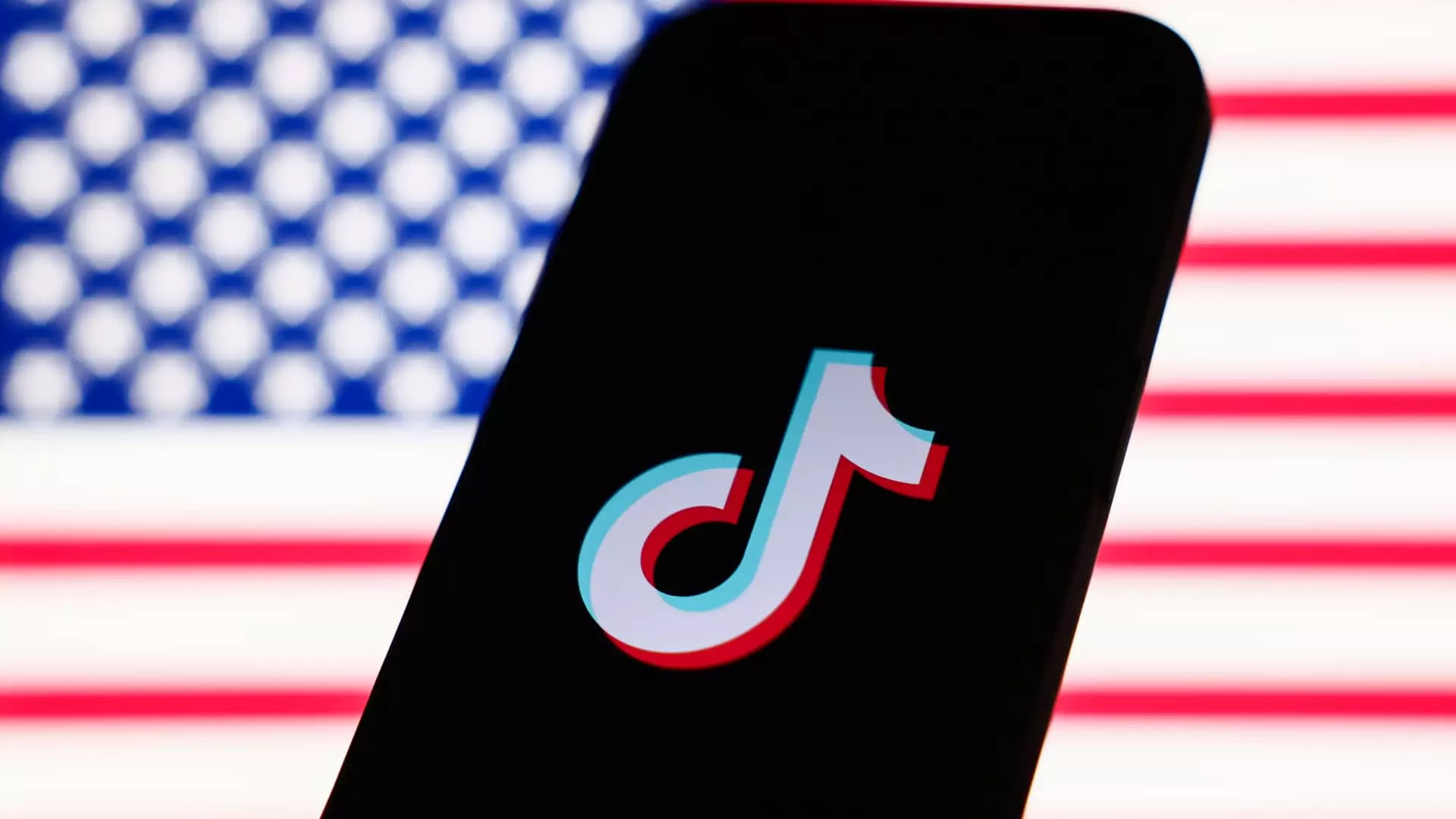TikTok, the social media giant that has captivated millions worldwide, is now at the center of a complex web of political and economic intrigue due to its Chinese ownership. With looming threats of a ban in the United States and attempts to navigate national security concerns, the potential sale of TikTok’s U.S. operations raises critical questions about valuation, prospective buyers, and the implications of this transaction on an already turbulent market.
The stakes are incredibly high for TikTok, particularly considering the anticipated evaluation of its U.S. operations could range from $30 billion to $50 billion if the parent company, ByteDance, decides to divest this segment. Analysts like Angelo Zino from CFRA Research have provided insights suggesting that given TikTok’s substantial user base—estimated at approximately 115 million monthly active users in the U.S.—the platform’s reach rivals that of Instagram, although it has seen a drop in valuation from over $60 billion just months prior. This revised estimate underscores the dual pressures of a competitive app landscape and complex geopolitical dynamics. Such factors contribute to a volatile business environment, where valuations of tech firms can dramatically fluctuate based on the interplay of political and regulatory changes.
Moreover, this downward shift in valuation reflects broader market trends. Zino indicated that industry multiples have contracted since early 2024, further complicating TikTok’s financial standing. The external pressures from potential regulatory actions and the shifting political winds present significant challenges for ByteDance. The intense scrutiny surrounding the app reveals how intertwined technology and national security have become, which adds another layer of complexity to any acquisition talks.
On the potential buyer side, speculation has emerged that prominent figures such as Elon Musk of X fame may be in the mix due to a plan purportedly considered by the Chinese government. However, this possibility remains speculative at best, as ByteDance has not confirmed any plans to sell. Additionally, the potential acquisition comes with the caveat that any buyer would likely be barred from acquiring TikTok’s proprietary algorithms, which are a key component in the app’s success and effectiveness in generating user engagement.
Notably, a group of investors including billionaire Frank McCourt and Kevin O’Leary has expressed interest in acquiring the U.S. operations for around $20 billion, specifically indicating they would engage under conditions devoid of the highly coveted algorithms. This represents a notable shift from the sky-high valuations discussed previously, reflecting a more cautious approach from potential acquirers, who are undoubtedly aware that regulatory headwinds could jeopardize the app’s future in the U.S. market.
The precarious state of TikTok underlines the intricate relationship between technology and national security. The fear that a Chinese-owned app could potentially exploit U.S. user data has prompted Congressional discussions and policy considerations aimed at safeguarding American citizens’ privacy.
This scrutiny poses unique challenges for any potential buyer. The regulatory landscape is in constant flux, always adapting to address evolving security concerns. Buyers would need to navigate a labyrinthine array of laws and public sentiment, which often seem at odds. Not only do prospective owners have to grapple with the existing scrutiny under U.S. laws, but they must also anticipate future regulations that could further complicate operations.
The overarching narrative surrounding TikTok illuminates the pressures technology companies face in today’s highly charged political atmosphere. The potential sale, or worse, the banning of TikTok, could reshape the digital advertising landscape and raise immediate questions about the future of digital innovation, consumer behavior, and foreign investment in the tech sector.
As ByteDance weighs its options against the backdrop of potential sanctions and regulatory challenges, the future of TikTok remains uncertain. The clock is ticking for a resolution that could ultimately dictate various outcomes ranging from a sale to a complete operational overhaul or even a ban.
In essence, TikTok’s saga underscores a pivotal moment in the convergence of technology, commerce, and geopolitics, offering a glimpse into how global dynamics can influence localized enterprises. For investors, business moguls, and everyday users alike, the implications of this high-stakes game extend well beyond the realm of social media and pose difficult questions about our digital future.


Leave a Reply